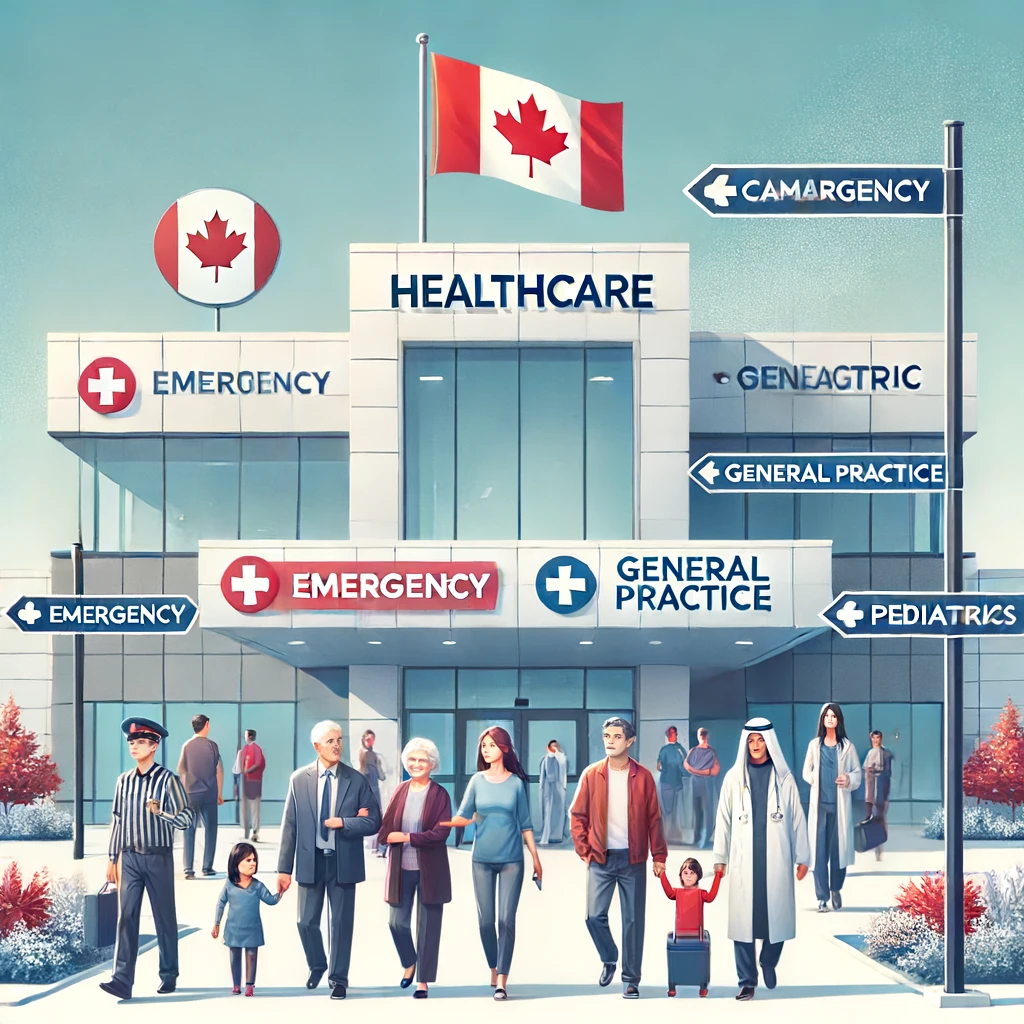Table of contents
Moving to a new country is a significant life event filled with excitement and promise. However, it also comes with unique challenges, especially for those choosing British Columbia (BC) as their new home. This blog post explores the common challenges new immigrants face in BC and offers practical solutions to help ease their transition.
1. Navigating the Legal and Immigration System

Challenge: Understanding and navigating the immigration process is one of the first major hurdles. This includes dealing with residency applications and work permits and understanding Canadian laws and rights.
Solution: It is advisable to seek guidance from reputable immigration lawyers or consultants. Organizations like the Immigration Consultants of Canada Regulatory Council (ICCRC) can provide reliable references. Additionally, attending free workshops and seminars offered by community centers or immigrant services can be incredibly beneficial.
2. Finding Employment

Challenge: Securing employment can be daunting due to the lack of recognition of international credentials and experience and a competitive job market.
Solution: Immigrants should consider credential evaluation services, such as those provided by the World Education Services (WES), to have their qualifications recognized in Canada. Networking is crucial; thus, joining professional associations and attending industry meetups can open doors to job opportunities. Moreover, many community organizations offer career counselling and resume-writing workshops tailored to the Canadian job market.
3. Language Barriers

Challenge: For many immigrants, especially those whose first language is not English, language barriers can impede their ability to secure jobs, access services, and integrate socially.
Solution: Enrolling in language classes is a critical first step. The government provides free English and French classes through programs like the Language Instruction for Newcomers to Canada (LINC). Practicing language skills in everyday situations and joining language exchange meetups can also accelerate learning.
4. Accessing Healthcare

Challenge: Understanding the healthcare system and gaining access to necessary health services can be confusing for newcomers.
Solution: Applying for the Medical Services Plan (MSP) upon arrival in BC is essential, as there is a waiting period before coverage starts. During the interim, private health insurance can be used. Local immigrant and community health centers often provide free health consultations and can guide one through the healthcare system.
5. Housing

Challenge: The high cost of living and competitive housing market in BC can make finding affordable housing challenging for many immigrants.
Solution: Before moving, research different neighbourhoods and consider short-term and long-term housing options. Utilizing online platforms like Craigslist, Kijiji, and local Facebook groups can help find rental opportunities. Additionally, connecting with community agencies that offer housing assistance to immigrants can provide valuable resources and support.
6. Cultural Adaptation

Challenge: Adapting to a new cultural environment can lead to feelings of isolation and homesickness.
Solution: Participating in community groups and social clubs can help immigrants meet people from similar cultural backgrounds and connect with others with similar experiences. Many community centers in BC offer cultural assimilation programs that encourage understanding and integration into Canadian society.
7. Transportation

Challenge: Understanding public transportation systems in a new city can be overwhelming, especially in larger cities like Vancouver.
Solution: Utilize resources such as TransLink in Greater Vancouver, which offers comprehensive guides and a user-friendly website for planning routes. Purchasing a Compass Card for convenient access to buses, SkyTrain, and ferries is also advisable.
8. Education for Children
Challenge: Immigrant families often worry about enrolling their children in a new educational system and ensuring they receive appropriate support.
Solution: Contacting local school boards to understand the registration process and available educational programs is crucial. Schools in BC also provide additional support for children of immigrants, such as English as a Second Language (ESL) programs.
9. Financial Management
Challenge: Understanding the Canadian banking system, building credit, and managing finances in a new currency can be difficult.
Solution: Opening a bank account with one of Canada’s major banks, which often have newcomer services, is a good starting point. Financial advisors at these banks can guide the building of credit and the effective management of finances in Canada.
10. Legal Rights and Responsibilities
Challenge: New immigrants often lack knowledge about their rights and responsibilities under Canadian law.
Solution: It is crucial to understand the legal landscape in Canada, including rights as an employee, tenant, and resident. Community legal clinics and immigrant services offer workshops and consultations to help newcomers understand their legal rights and obligations.

FAQ
Register for the Medical Services Plan (MSP) immediately, apply for a Social Insurance Number (SIN), and open a bank account.
MSP coverage typically has a three-month waiting period; consider purchasing private insurance to cover this gap.
Utilize job search websites, join professional networks, and attend job fairs. Consider using services that assist with resume writing and interview preparation tailored to Canadian employers.
Contact credential evaluation services like WES to assess your qualifications. This is often a prerequisite for employment in your field.
The government-funded Language Instruction for Newcomers to Canada (LINC) program offers free language classes in English and French.
Explore online rental listings, connect with community groups for leads, and consider various housing options like co-ops and shared accommodations.
Join local clubs, community centers, sports teams, and social groups. Volunteering is also a great way to meet people and integrate into the community.
Canada has a robust banking system with a variety of financial products. Establishing a good credit history is important and can be started by obtaining a credit card and consistently paying bills on time.
Contact your local school district to find out about the enrollment process. Schools may also offer additional support services for children of immigrants, such as ESL classes.
Immigrants have rights protected under Canadian law, including access to healthcare, protection under labour laws, and the right to fair treatment regardless of immigration status.
Study the local transit maps available online and consider getting a Compass Card for convenient access to buses, trains, and ferries.
Yes, several community centers and organizations specifically aimed at helping immigrants adjust. These centers provide various services, from language classes to employment assistance.
An immigration lawyer can help you navigate the complexities of immigration law, assist with applications and paperwork, and represent you in legal proceedings if necessary.
You can apply for MSP by completing an application form and submitting it with the required documents to Health Insurance BC.
Connect with community groups from your home country, engage in activities you enjoyed back home, and communicate regularly with family and friends.
You can drive with a foreign driver’s license in BC for 90 days. After that, you’ll need to obtain a BC driver’s license.
Apart from formal classes, practice speaking English in daily interactions, watch English media, and consider joining English conversation groups.
Look for immigrant service agencies that offer employment programs, resume workshops, and networking opportunities specifically designed for newcomers.
Learn about Canadian culture and social norms, be open to new experiences, and be patient as you adjust to your new environment.
Many banks offer financial advice for newcomers, including information on how to build credit, buy a home, and save for the future in Canada.
Pax Law can help you!
Contact Samin Mortazavi, a lawyer at Pax Law Corporation, where expertise and dedication converge to resolve your criminal law needs. As a knowledgeable lawyer with a profound understanding of Canadian criminal law, Samin Mortazavi offers strategic guidance and advocacy for navigating complex criminal cases. Whether it’s defending against charges, handling criminal appeals, or advising on legal rights, Pax Law Corporation is your trusted partner in managing your criminal law matters. Protect your future by reaching out to Samin Mortazavi today.
Our lawyers and consultants are willing, ready, and able to assist you. Please visit our appointment booking page to make an appointment with one of our lawyers or consultants; alternatively, you can call our offices at +1-604-767-9529.


0 Comments